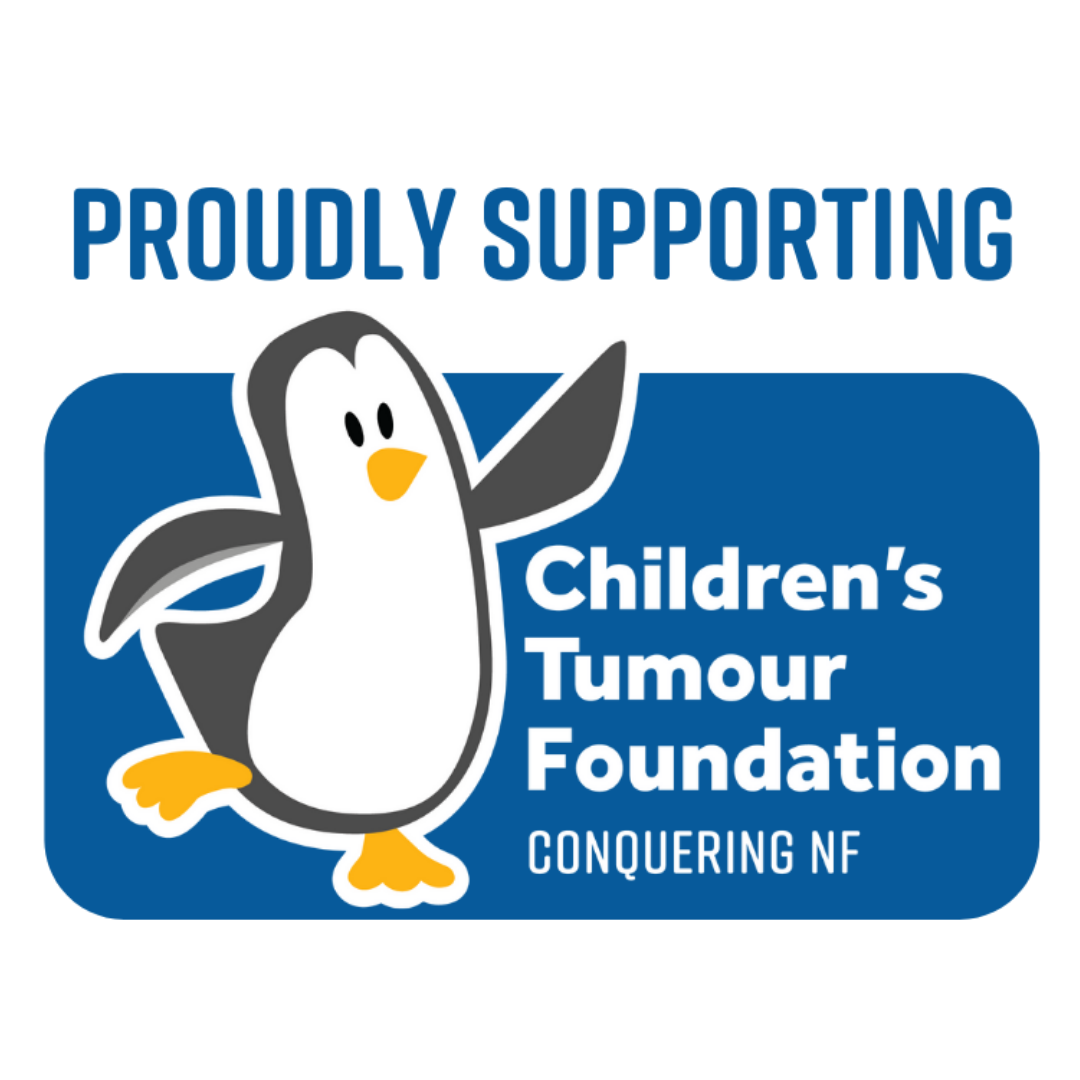Generative AI for Multilingual Medical Communication
HKU students collaborated with peers from Australian universities to explore the use of Generative AI in multilingual medical communication. This project focused on creating translated medical information about neurofibromatosis for school settings, targeting ethnic Chinese (Mandarin and Cantonese) and other minority populations in Australia (Indonesian and Russian). The team adapted (translated) and produced a range of materials, including fact sheets and communications for parents, teachers, doctors, and students, in partnership with the Children’s Tumour Foundation of Australia. Students investigated how Generative AI can be used to produce affordable, trustworthy, and culturally relevant medical communications for schools, customising Generative AI Chatbots in workflows with different translation and literacy tools and applications (SHeLL, Hemingway). The project provided students insights into what AI literacy skills are necessary in the health sector to implement such technologies effectively, while creating real-world social impact.
Some feedback from students:
“This programme allowed me to look into more functions that the GenAI can do. It also allows me to discuss with groupmates of different cultures. As a future speech therapist, I may consider using GenAI to help doing translated materials when encountering clients of different cultures in the future.”
“While GenAI significantly reduced the workload by providing a general translation, I learned the importance of not blindly accepting its responses as they may not always align with human-like language.”
“Participating in this programme has had a profound impact on my personal, academic, and professional pursuits. Personally, it has deepened my appreciation for the transformative potential of AI in improving healthcare outcomes.”
“This programme better equips me with future-proof skills, e.g., utilizing Generative AI, due diligence, etc., which are essential to my career.”
The project was a collaboration with the Dr. Danielle Heinrichs from the School of Education and Professional Studies at Griffith University, and Dr Michael Camit, who holds joint positions at the University of New South Wales/University of Technology Sydney and is a Manager at the Health Literacy Unit of the New South Wales Government, Australia.
The following are samples of the adaptations (translations) produced, read by AI Avatars:
Students attended the following mandatory online sessions:
Workshop 1: 29 Jan 2024 11:30 am – 1:30 pm (Introduction, team-forming, community partner sharing)
Workshop 2: 5 Feb 2024 11:30 am – 1:30 pm (Generative AI in medical translations)
Workshop 3: 19 Feb 2024 11:30 am – 1:30 pm (Group progress update and collaboration)
Workshop 4: 26 Feb 2024 11:30 am – 1:30 pm (Group progress update and collaboration)
Workshop 5: 4 Mar 2024 11:30 am – 1:30 pm (Final Presentations)
If you have any questions about the project, please get in touch with the project coordinator Dr Jack Tsao (jtsao@hku.hk).
Collaboration Partners

Dr Danielle Heinrichs
Lecturer
School of Education and Professional Studies/ Griffith Institute for Educational Research, Griffith University, Australia
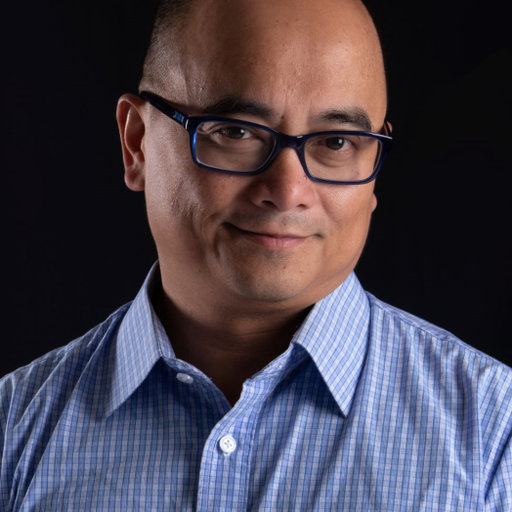
Dr Michael Camit
Research Fellow/ Lecturer
University of Technology Sydney/ University of New South Wales, Australia (and Manager for Health Literacies of NSW Government)
Refer to the Commitments and Conduct for research projects.
Collaborating Institutions
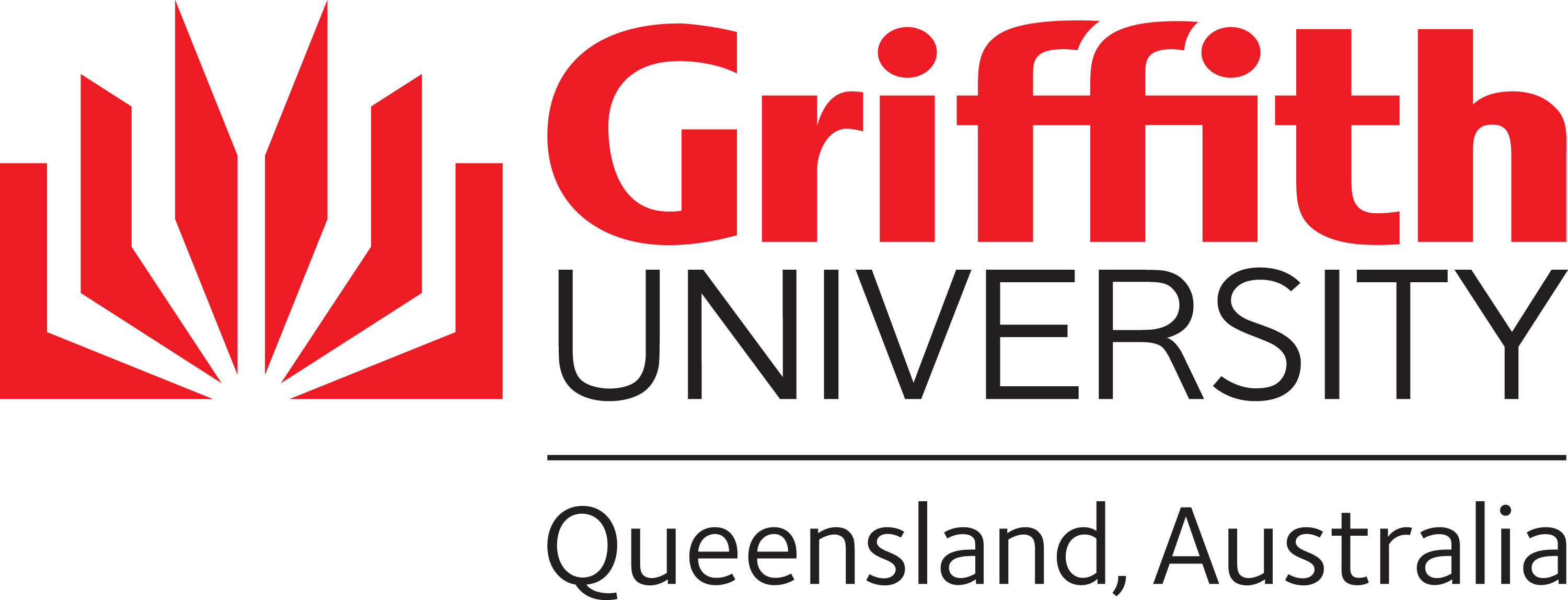
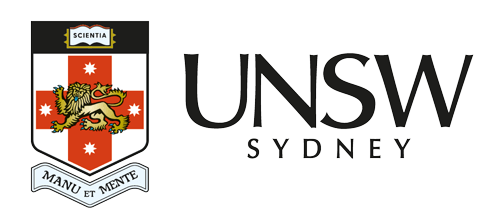
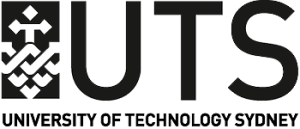
Community Partners
